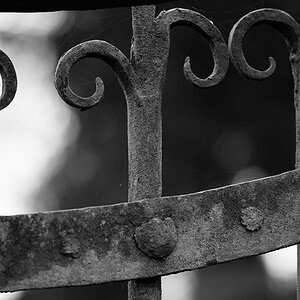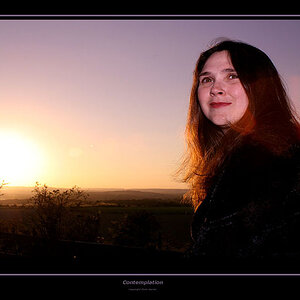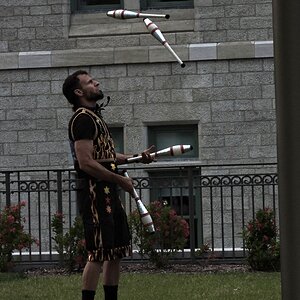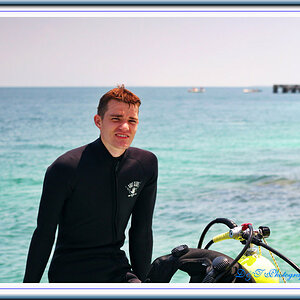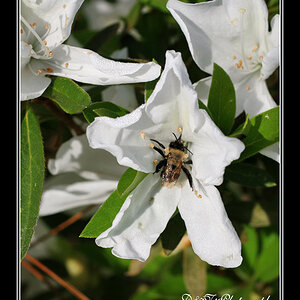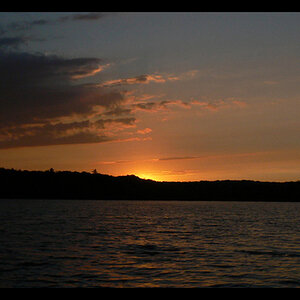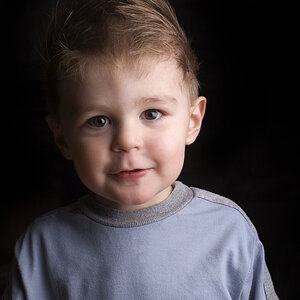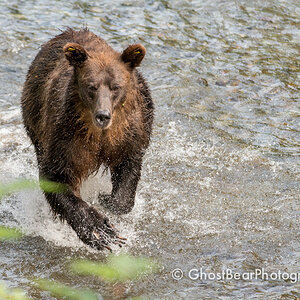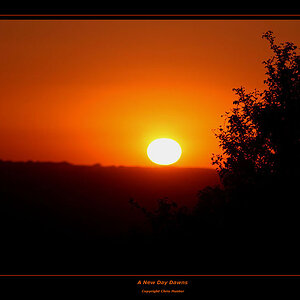Helen B
TPF Noob!
- Joined
- Sep 16, 2007
- Messages
- 3,296
- Reaction score
- 467
- Location
- Hell's Kitchen, New York
- Can others edit my Photos
- Photos NOT OK to edit
... i meant absolutely no disrespect.It was just too long for me.It's kind of funny,tho,that what I've been looking at is the darkness/shadows.Some video I watched gave an Italian name for it which escapes me,but it had to do with the play of light/dark.
Curioscuro? The use of light and dark in composition...is that what you mean?
Chiaroscuro.


